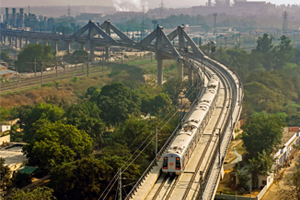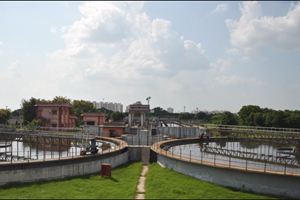Challenging times for central banks: Low inflation, monetary policy, and digital currency
The coronavirus disease (COVID-19) outbreak has transformed the global monetary policy landscape. The sharp global economic slowdown caused by the spread of the virus and the various countermeasures embarked on by governments under states of emergency (such as quarantines, policies to restrict mobility, school closures, and restrictions and limitations on business operations) prompted many central banks to implement substantial monetary easing from March 2020 along with massive fiscal stimulus measures. As a result of these measures, a growing number of central banks have faced the effective (or zero) lower bound or approached it in their policy rates.









